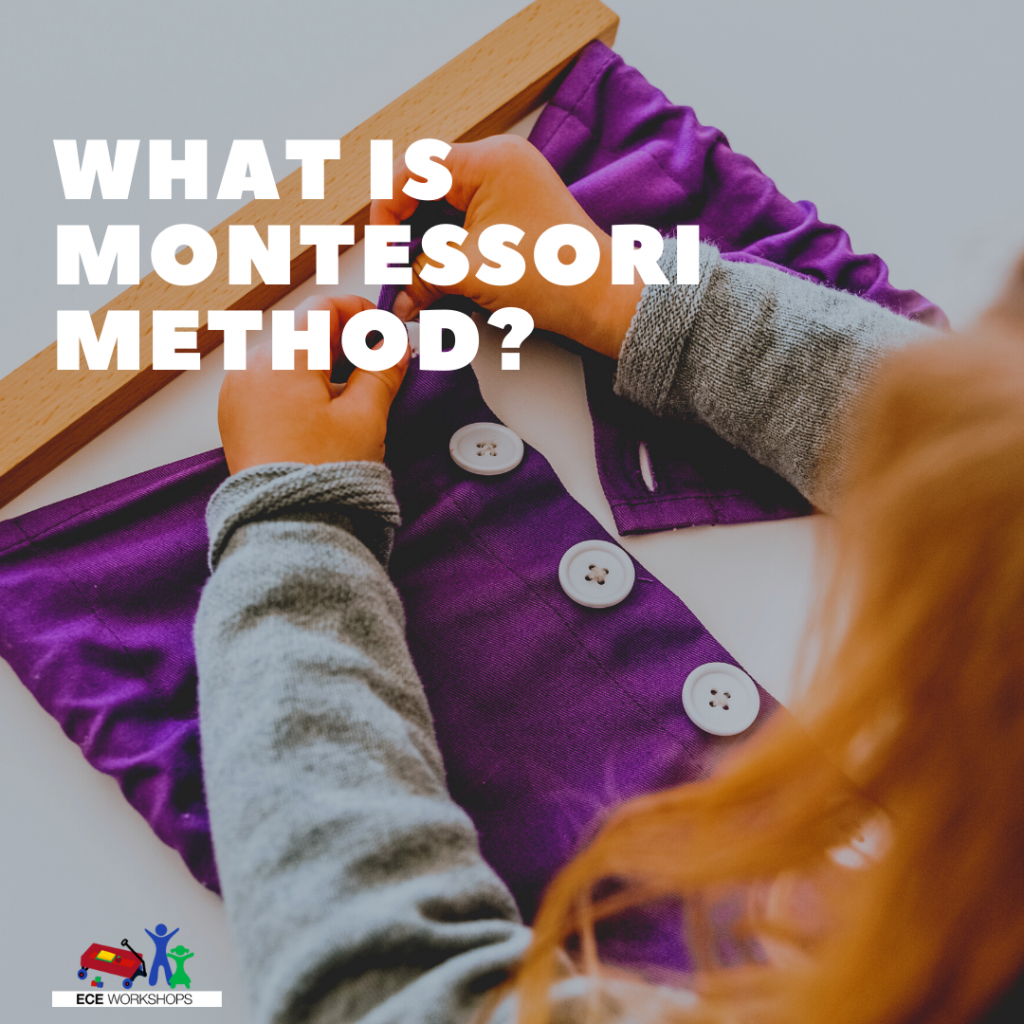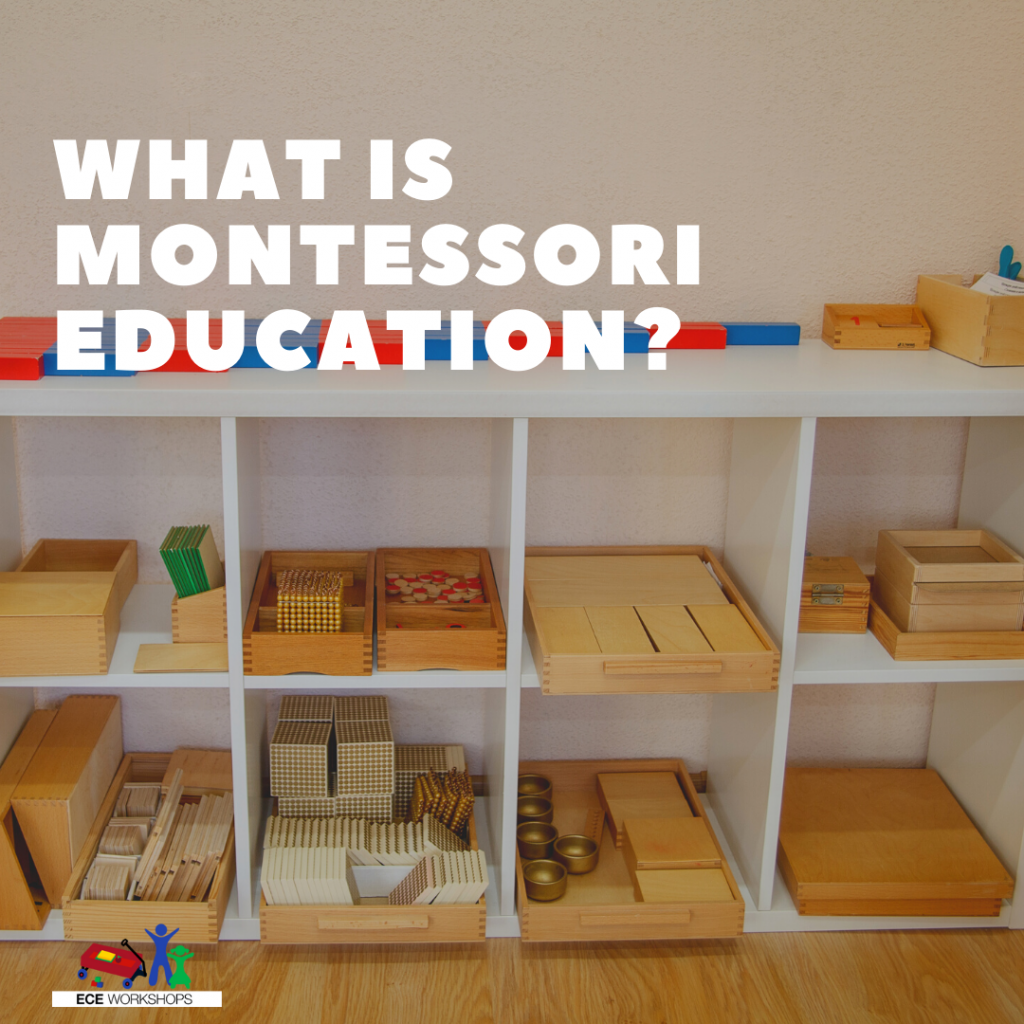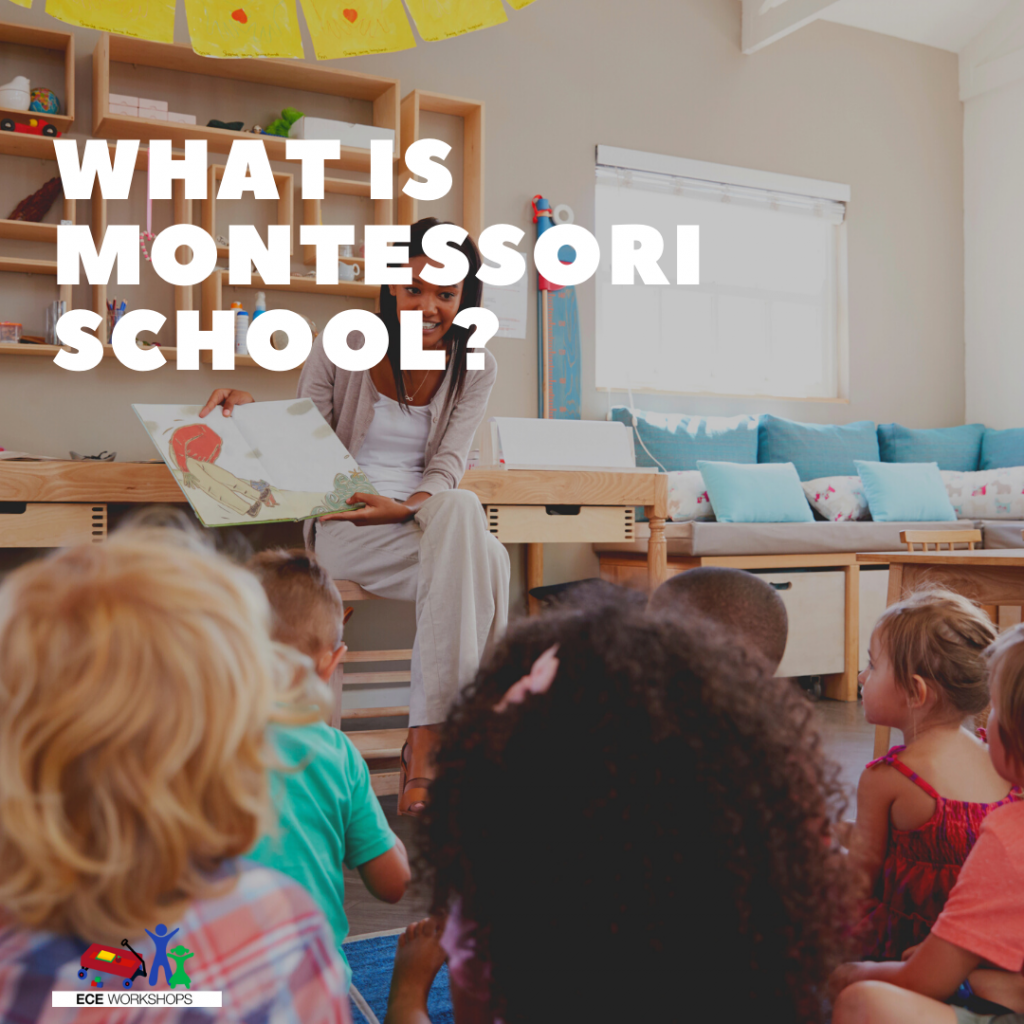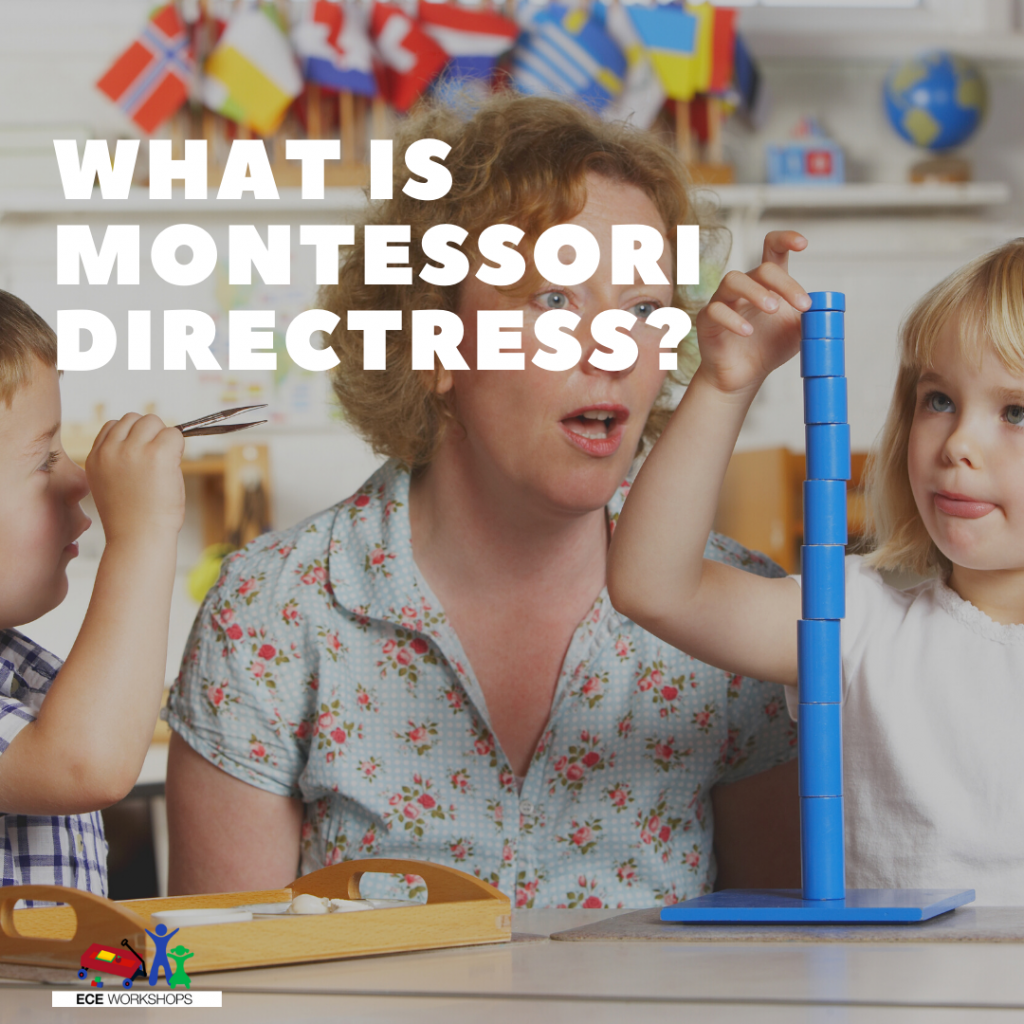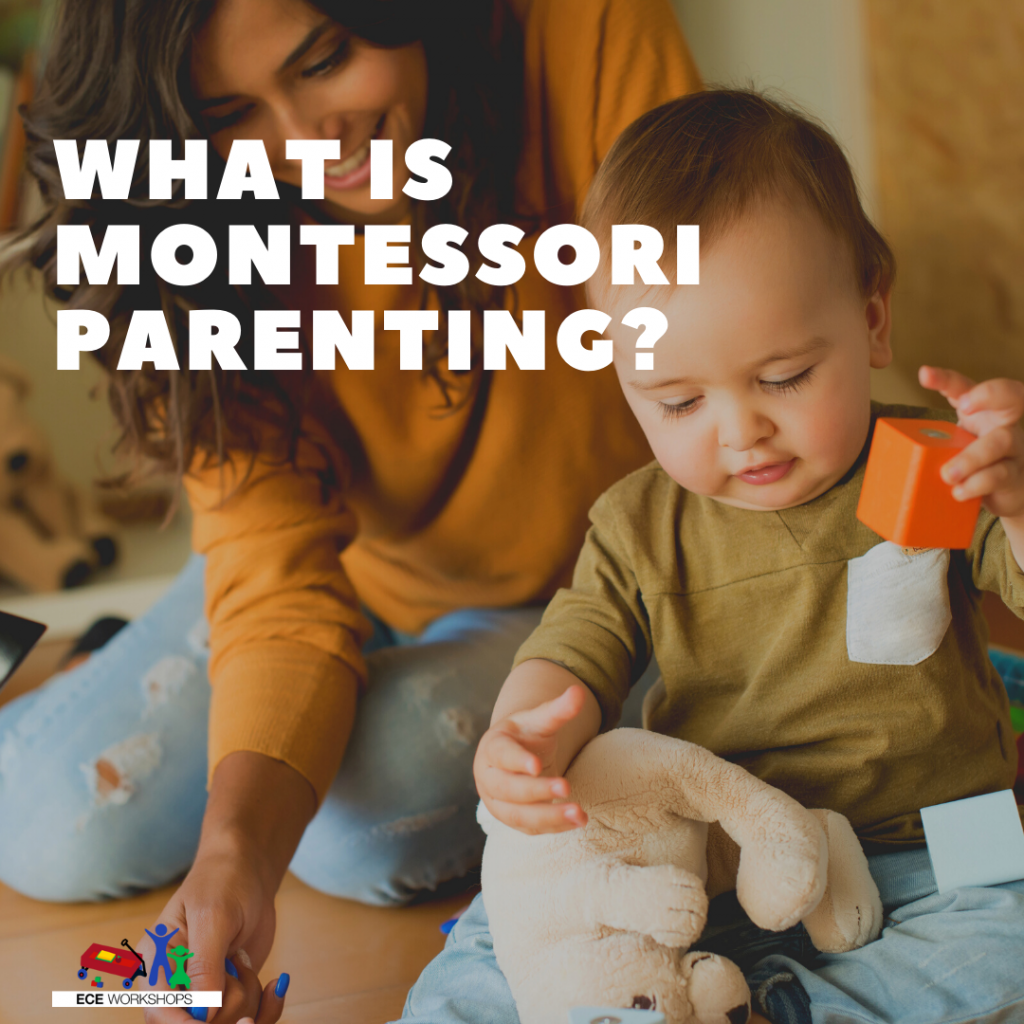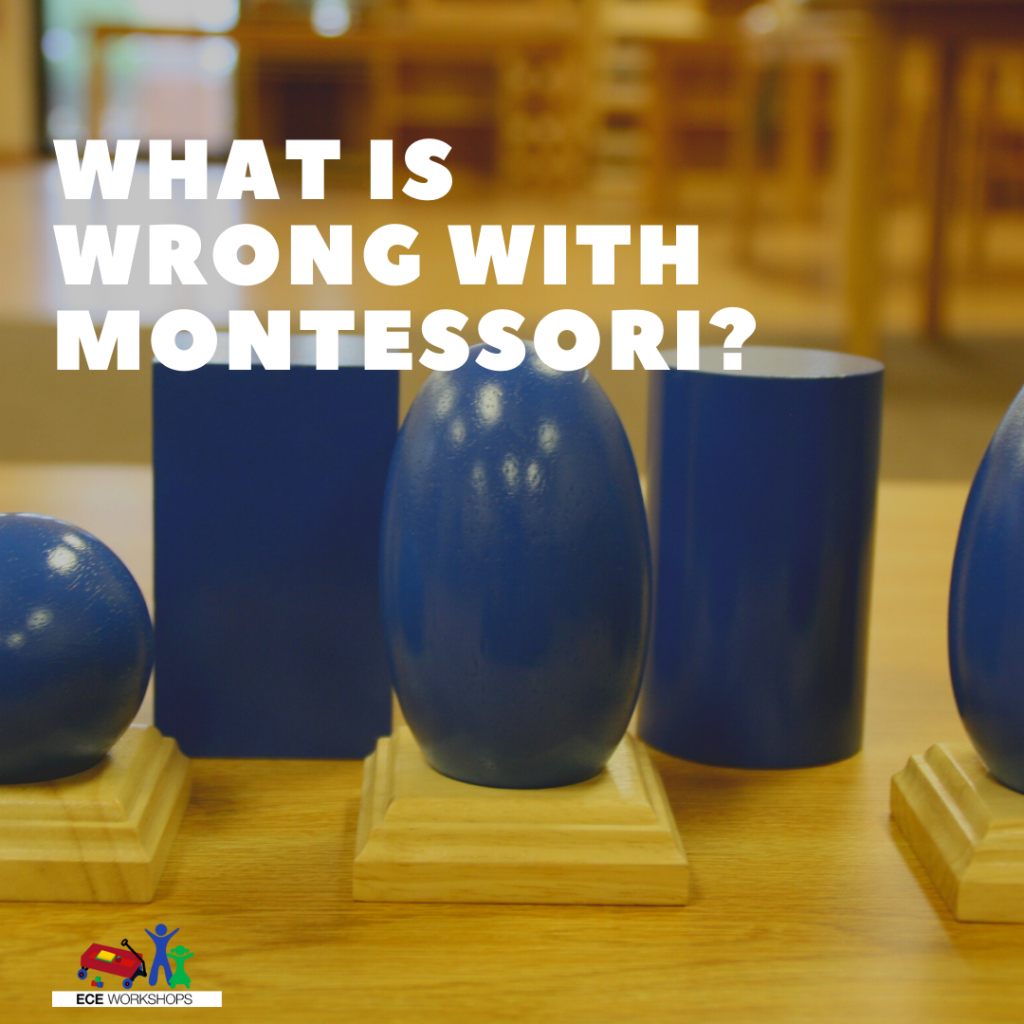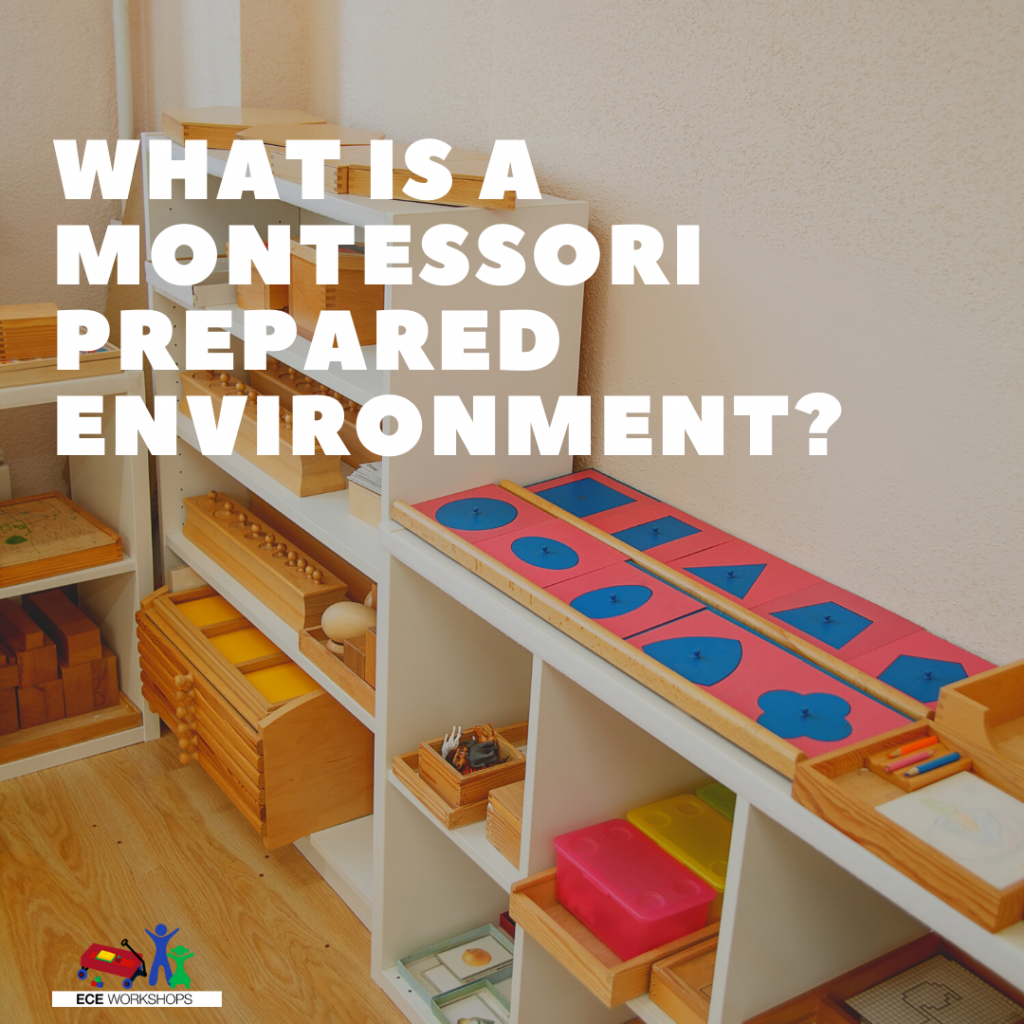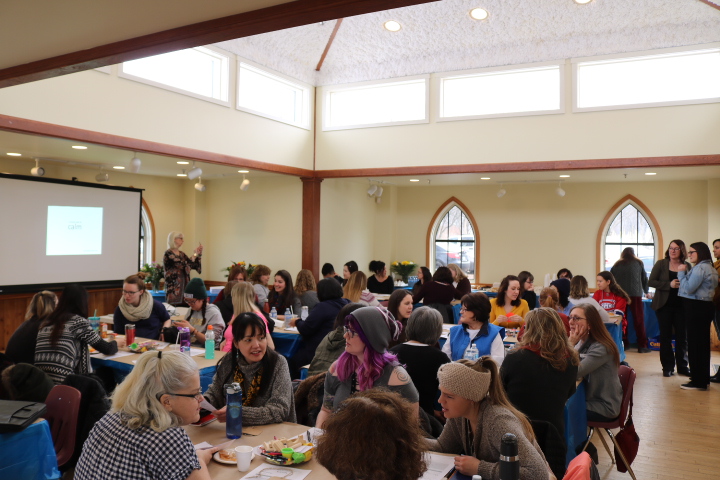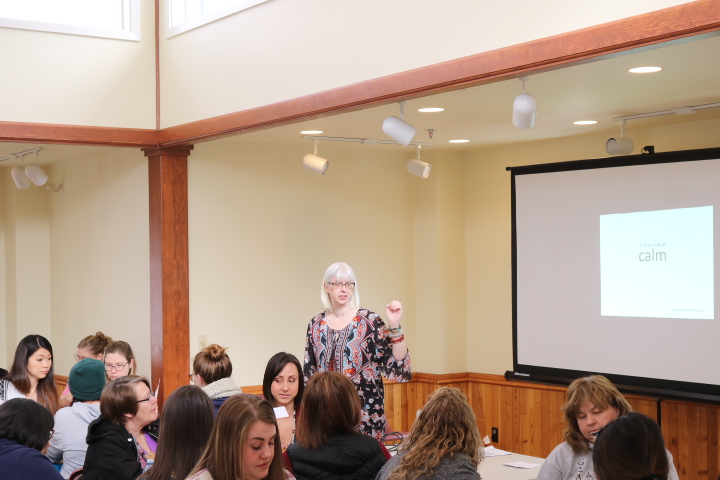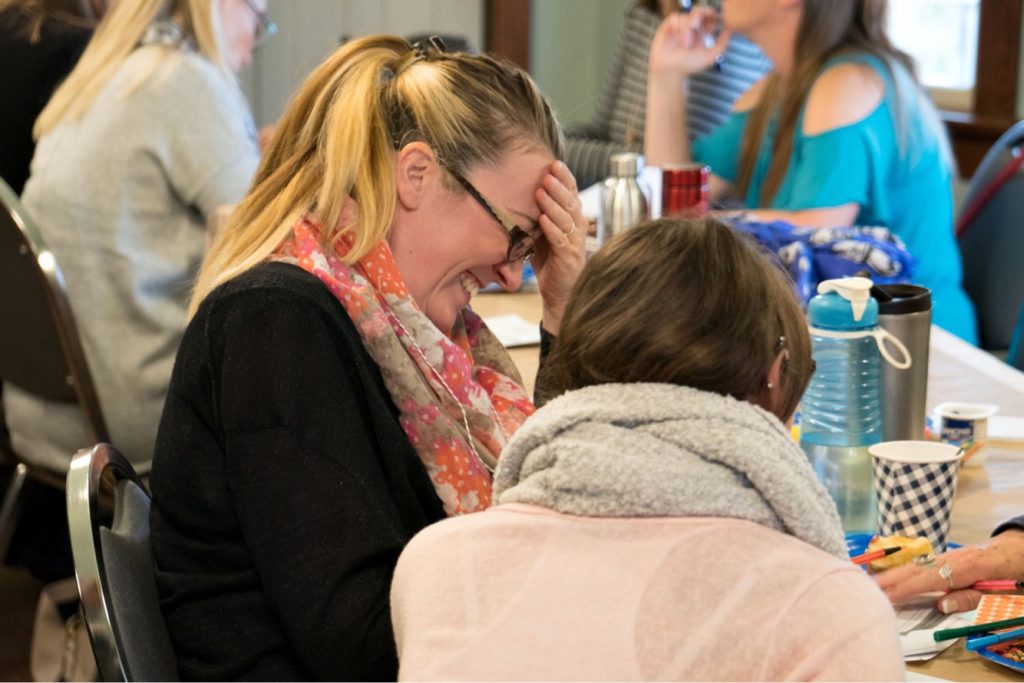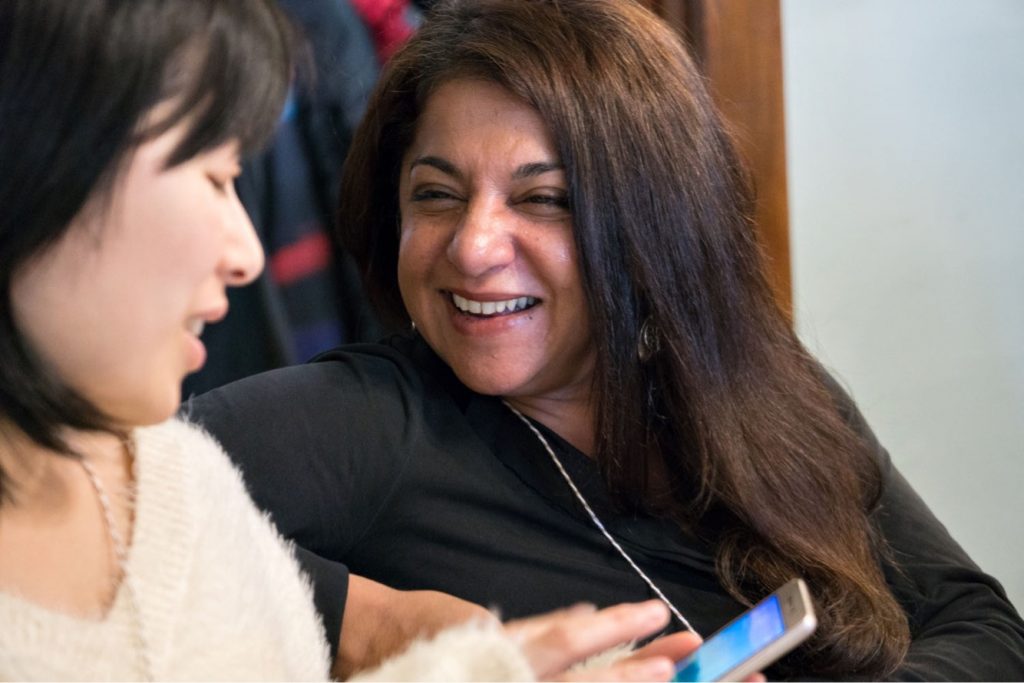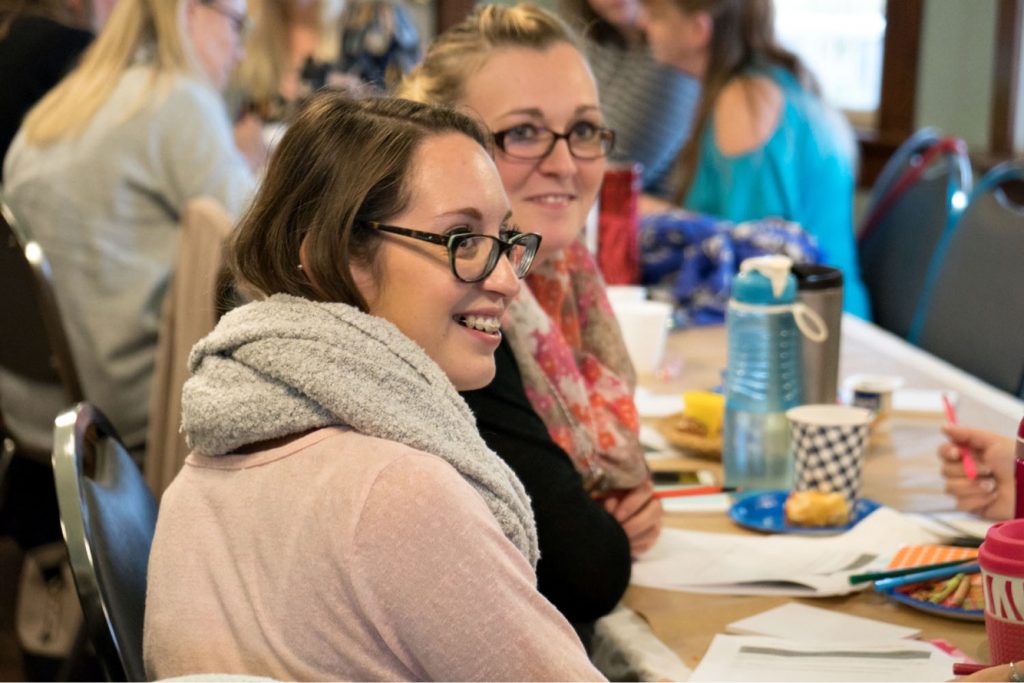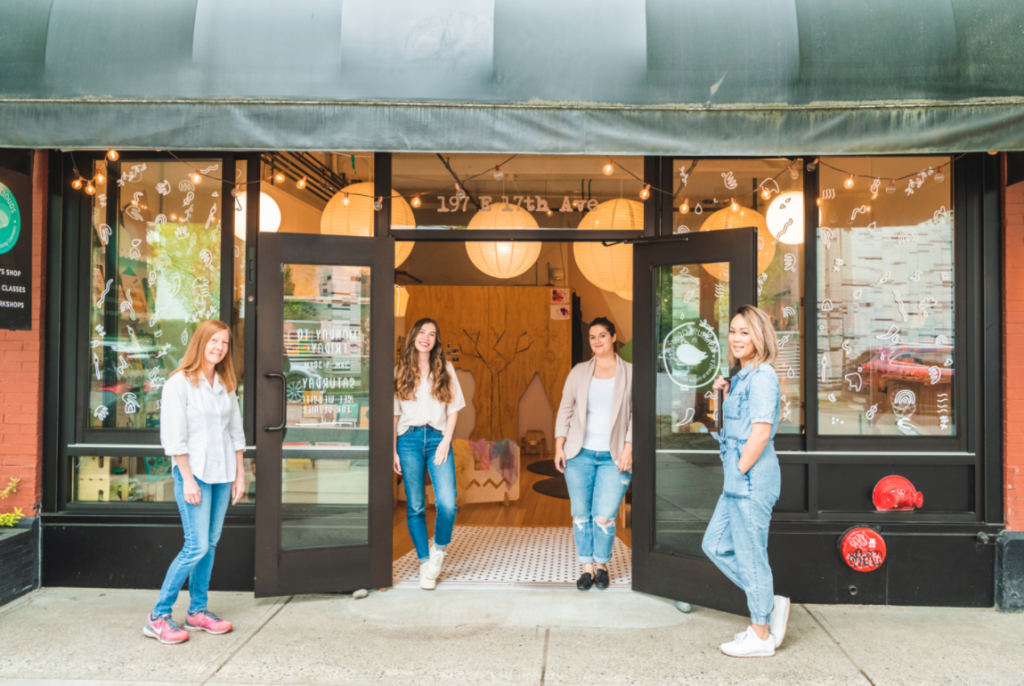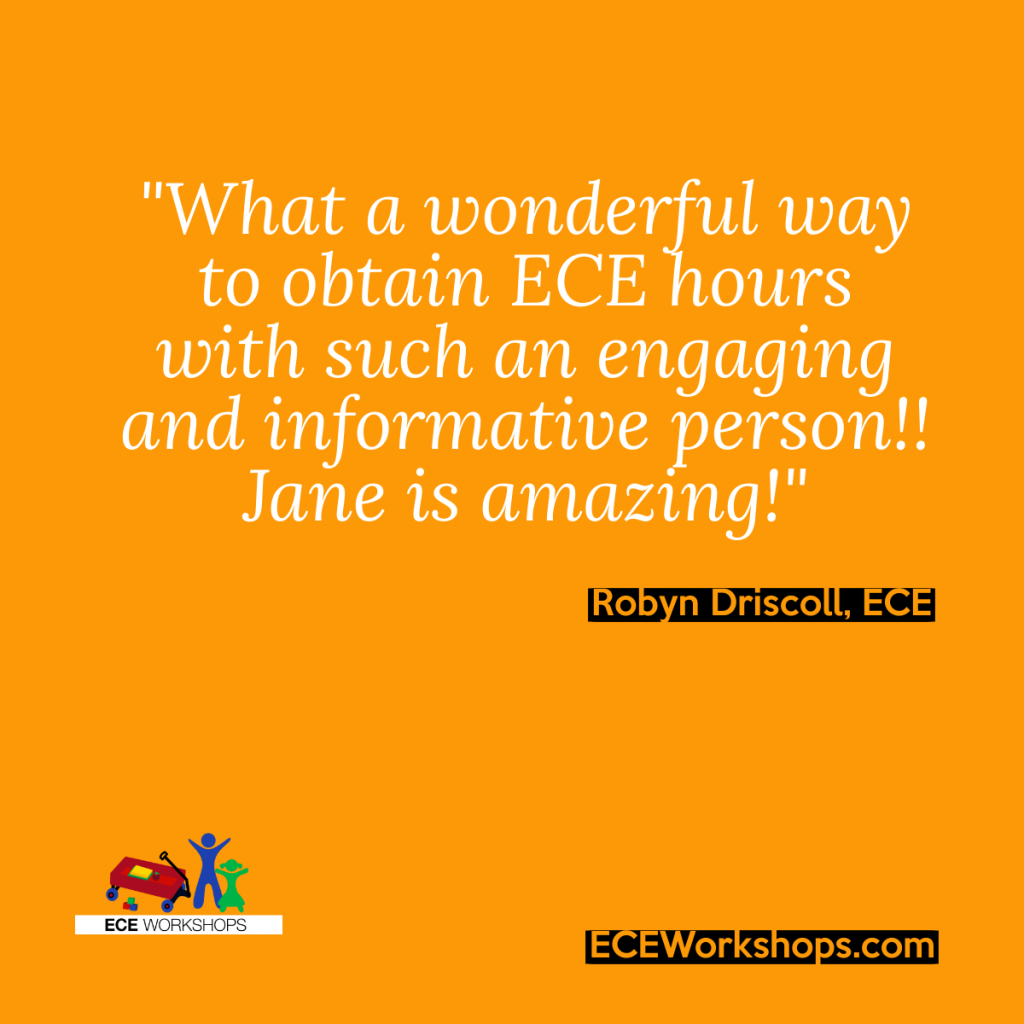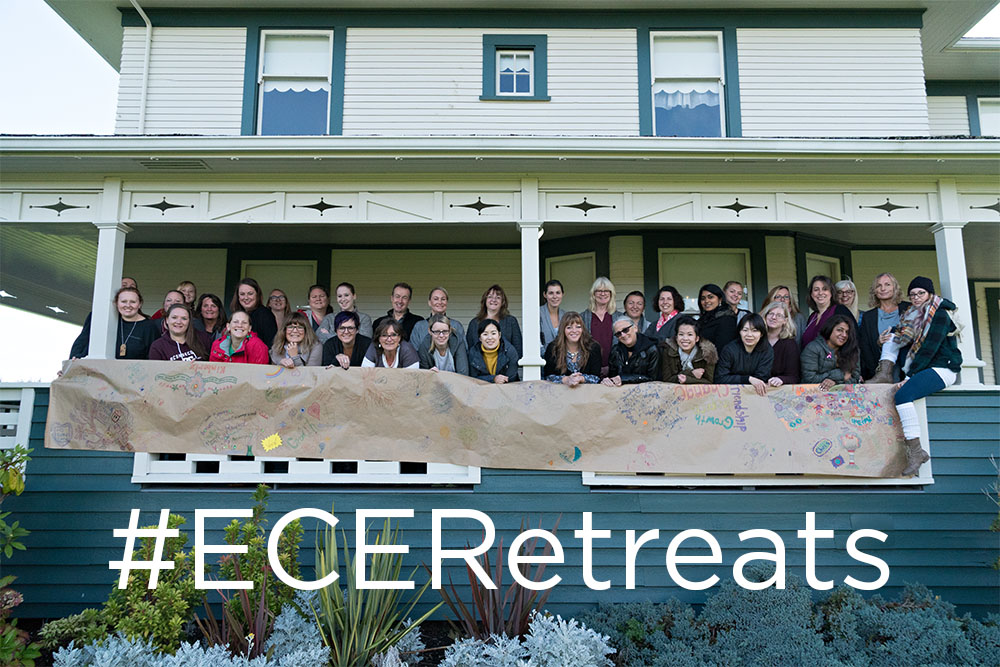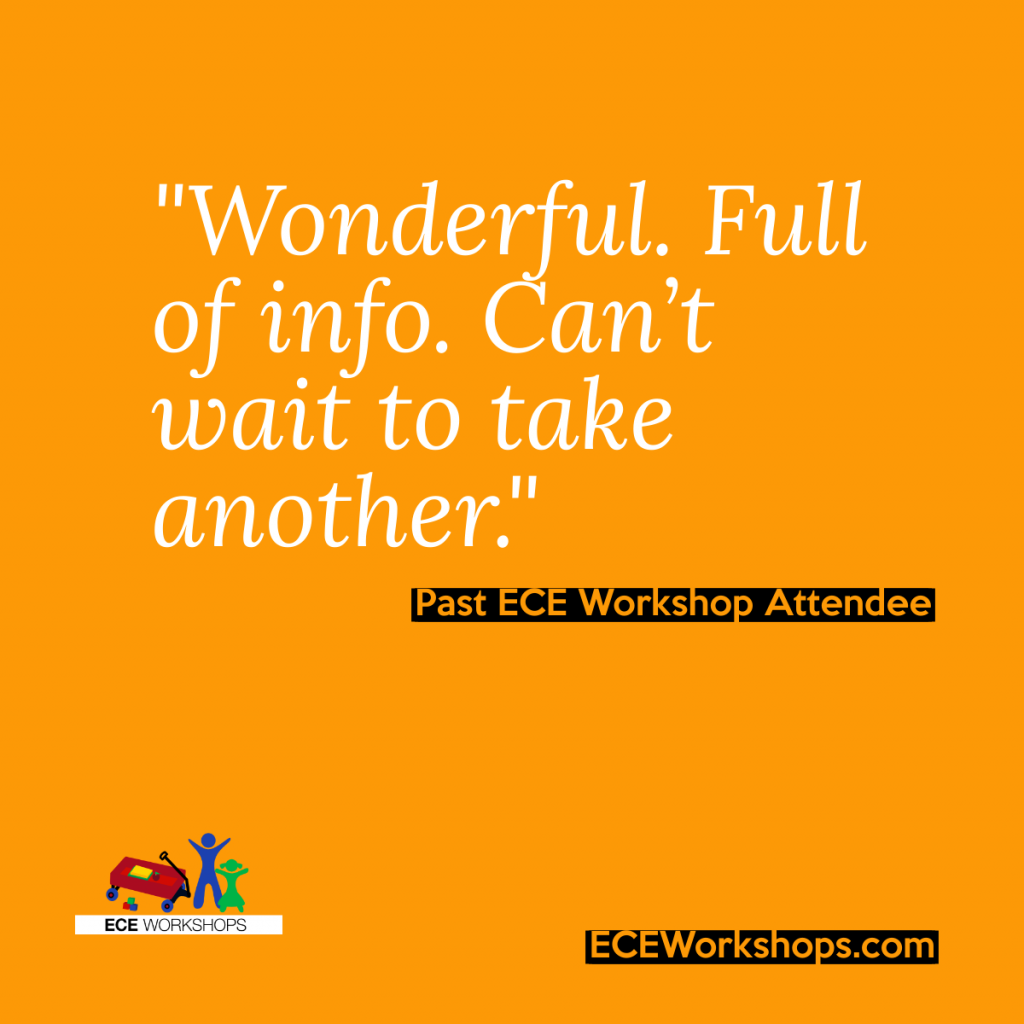When it comes to Montessori there are a range of common questions that come up. One look at Google and it is easy to see that people search for a range of information about Dr. Maria Montessori and the Montessori Method of Education. This blog post answers some of the common Montessori questions.
What is Montessori Method?
The Montessori Method is an educational approach that is based on the observations of Dr. Maria Montessori, who believed that children are natural learners. The method emphasizes independent learning, hands-on activities, and a prepared environment where children can explore and discover at their own pace. Montessori classrooms are typically designed to promote independence, with materials that are accessible to children and allow them to work independently. Classrooms also frequently incorporate multi-age grouping, so that children can learn from each other as well as from their teachers. The Montessori Method has been shown to be effective in promoting academic achievement, social-emotional development, and lifelong learning.
What is Montessori Education?
Montessori education is focused on providing a child-centered learning environment that allows children to learn at their own pace. This type of education is often used in early childhood settings, such as preschools and kindergartens. In a Montessori classroom, students are typically given the freedom to choose what activities they would like to work on. This hands-on approach to learning encourages students to be independent and creative thinkers. Montessori education has been shown to benefit children in many ways, including promoting social and emotional development, improving academic performance, and increasing levels of creativity.
What is Montessori Philosophy?
Montessori philosophy is based on the belief that all children have the same natural ability to learn. This means that each child can reach their full potential if given the proper environment and guidance. Montessori education is designed to provide such an environment. It is based on the principles of order, liberty, and respect for the individual learner. In a Montessori classroom, materials are carefully chosen to meet the needs of each individual child. Classrooms are also typically organized into areas for different activities, such as art, science, and practical life. The Montessori philosophy stresses the importance of hands-on learning and allows children to move freely around the classroom as they work. This helps to foster a love of learning and encourage independent thinking.
What is Montessori Learning?
The Montessori approach to learning is based on the belief that children are naturally inquisitive and eager to learn. This method of education strives to create a stimulating environment where children can explore their interests and develop their abilities at their own pace. Montessori classrooms are typically filled with child-sized furniture and educational materials, and they often incorporate outdoor areas for additional exploration. The goal of Montessori education is to help each child reach his or her full potential, both academically and socially. This approach has been shown to be successful in fostering independent thinking, problem-solving skills, and a love of learning in children.
What is Montessori School?
Montessori schools are a type of educational institution that follow the teaching methods of Italian physician and educator Maria Montessori. These schools typically provide an environment in which children can learn and explore at their own pace, with Montessori-trained teachers serving as guides. The Montessori approach emphasizes hands-on learning and sets forth the belief that all children have the potential to reach their fullest academic and social potential. While there are some Montessori schools that operate as private institutions, many public schools have adopted elements of the Montessori method in recent years.
What is Montessori Directress?
A Montessori directress is a highly trained and certified individual who has completed a specific educational program designed to prepare them to work in a Montessori school. The Montessori directress is responsible for the care, education, and development of the children in their class. They create and maintain a prepared environment that is specifically designed to meet the needs of each individual child. In order to ensure that each child is able to reach their fullest potential, the Montessori directress spends a great deal of time observing each child and planning individualized lessons that are geared towards their interests and abilities. In addition to their work with individual children, the Montessori directress also serves as a resource for parents, providing guidance and support on how best their child up for success in the Montessori classroom.
What is Montessori Parenting?
Montessori parenting is a parenting style that is based on the educational philosophy of Maria Montessori. Montessori believed that children are naturally inquisitive and capable of learning independently. As such, Montessori parenting focuses on creating an environment in which children can explore and discover at their own pace. This often means giving children more autonomy and allowing them to make their own choices. It also involves providing opportunities for physical activity and hands-on learning. Ultimately, the goal of montessori parenting is to help children develop into independent, self-motivated learners. While it may take some time for parents to adjust to this parenting style, the payoff is typically worth it. Montessori-educated children are often highly inquisitive and successful in school and in life.
What is Wrong With Montessori?
Montessori is a type of educational philosophy and teaching approach that was developed by Italian physician and educator Maria Montessori. The Montessori method is characterized by a focus on independence, observation, and self-paced learning. Montessori classrooms are typically designed to promote exploration and allow for student choice in activity.
While the Montessori method has some detractors, there are also many advocates of the approach (including all of us here at ECE Workshops and 45 Conversations!) Some of the criticisms of Montessori include the lack of structure in the classroom, which some people feel can lead to confusion and chaos; the absence of a traditional curriculum, which can result in students not being properly prepared for standardized tests or for college; and the fact that Montessori schools can be quite expensive. However, supporters of Montessori argue that the method leads to more well-rounded, independent students who are better able to adapt to change and who are more engaged in their own learning. Overall, whether or not Montessori is the right educational approach for a particular child depends on the individual child and family.
What is a Montessori Prepared Environment?
A Montessori prepared environment is a carefully designed space that provides everything a child needs to learn and grow. This includes age-appropriate materials, furniture, and activities. The prepared environment is intended to foster independence and encourage self-directed learning. It is also designed to promote exploration and discovery. The Montessori prepared environment is an important part of the Montessori method of education, which emphasizes hands-on learning and adaptability.
If you enjoyed this post, please visit our other blog posts on Montessori. Below you will find a list of several other posts that may interest you.
Montessori independence = waiting a few more seconds
